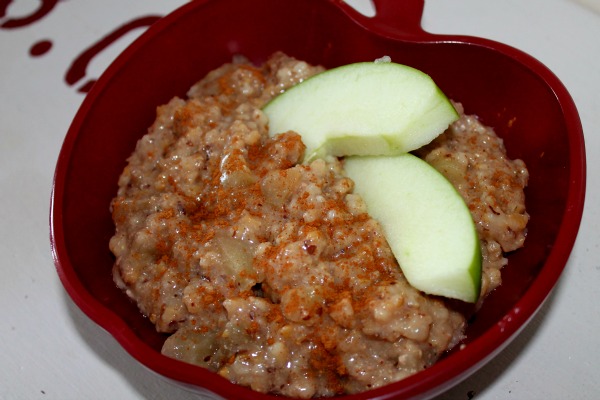My Blog = My Life: homemaking
How A Single Income Family Can Afford A Whole-Food Diet

Toy Storage For Small Spaces

A Good Morning Starts the Night Before

Pigsty to Palace | How To Clean A Very Messy House In A Week

"When Do I Take A Shower?" {And Other Questions I Never Thought I'd Be Asking Myself}

6 Natural Household Cleaning Recipes

Age Appropriate Chores For Toddlers

15 Quick Cleaning Fixes

FREE Crochet Cotton Dish & Spa Cloth Pattern
Reversible Blanket Tutorial

Refrigerator Cleaning Tips

3 Reasons Why It's Important For Children to Clean Up After Themselves

Forcing Bulbs Indoors

Lemon Dustcloths

Sugar Gift Bag

My Daily Schedule

Time-Saving Home Management Tips

Making Priorities & 15 Good Things I Don't Do

Know Your Role!

A Management Series for Moms







